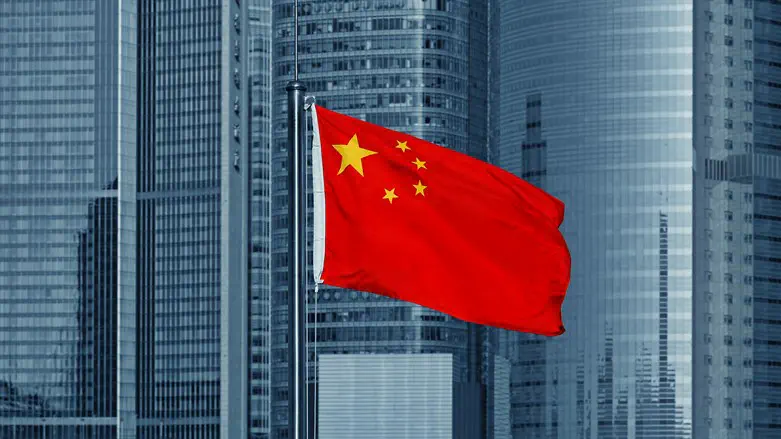
China will host unity talks between Hamas and its rival Fatah, the two groups and a Beijing-based diplomat said, according to the Reuters news agency.
A Fatah official told Reuters on Friday that a delegation, led by the group's senior official Azzam Al-Ahmed, had left for China. A Hamas official said the faction's team for the talks, led by senior Hamas official Moussa Abu Marzouk, would be flying there later in the day.
"We support strengthening the authority of the Palestinian National Authority, and support all Palestinian factions in achieving reconciliation and increasing solidarity through dialogue and consultation," said Chinese Foreign Ministry spokesperson Wang Wenbin at a regular briefing on Friday, without confirming the meeting.
The visit will be the first time a Hamas delegation is publicly known to have gone to China since the start of the war in Gaza. A Chinese diplomat, Wang Kejian, met Hamas chief Ismail Haniyeh in Qatar last month, according to the Chinese foreign ministry.
Hamas and Fatah, which is the faction of PA chairman Mahmoud Abbas, have been at odds since 2007, when Hamas violently took control of Gaza in a bloody coup.
A unity government between Hamas and Fatah collapsed in 2015 when PA chairman Abbas decided to dissolve it amid a deepening rift between the sides.
Hamas and Fatah signed a reconciliation agreement in October of 2017, as part of which Hamas was to transfer power in Gaza by December 1 of that year.
That deadline was initially put back by 10 days and later reportedly hit “obstacles”. It has never been implemented.
China’s hosting of the two sides is the latest example of Beijing’s efforts to be more involved in the Middle East.
China has more than once offered to mediate talks between Israel and the Palestinian Authority, but has also expressed support for a two-state solution.
In 2013, China presented a four-point proposal for a solution to the Israel-PA conflict. The Chinese proposal focused on an independent Palestinian state, negotiations as the only way to peace, the principle of "land for peace", and on guarantees the international community should provide for the progress of the peace process.
